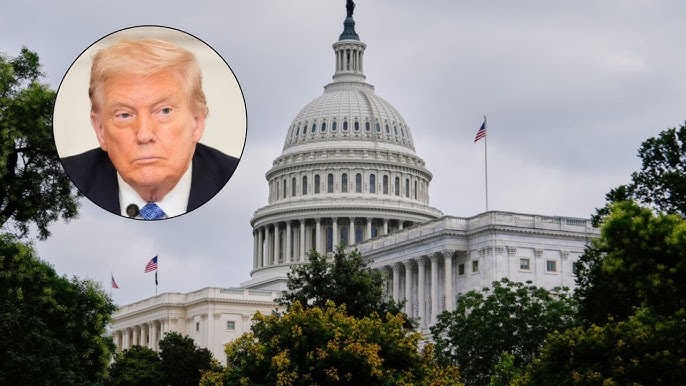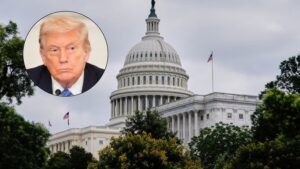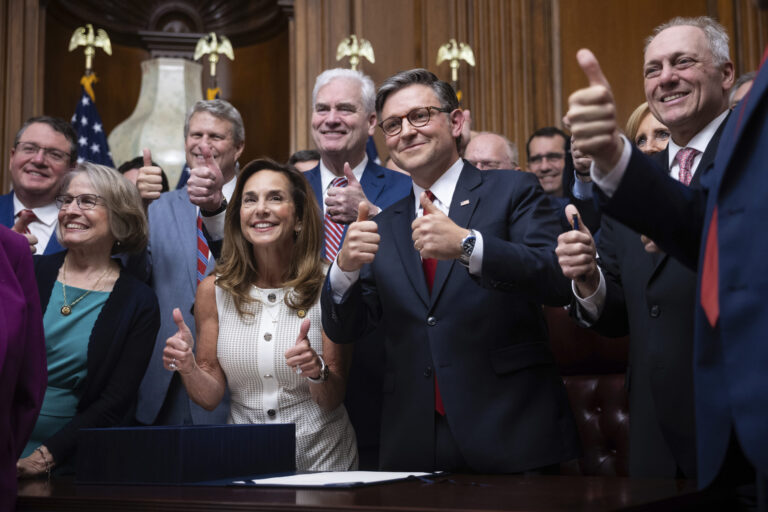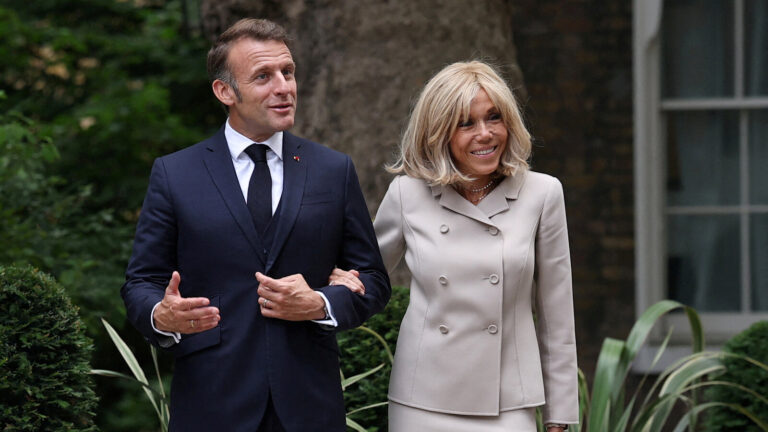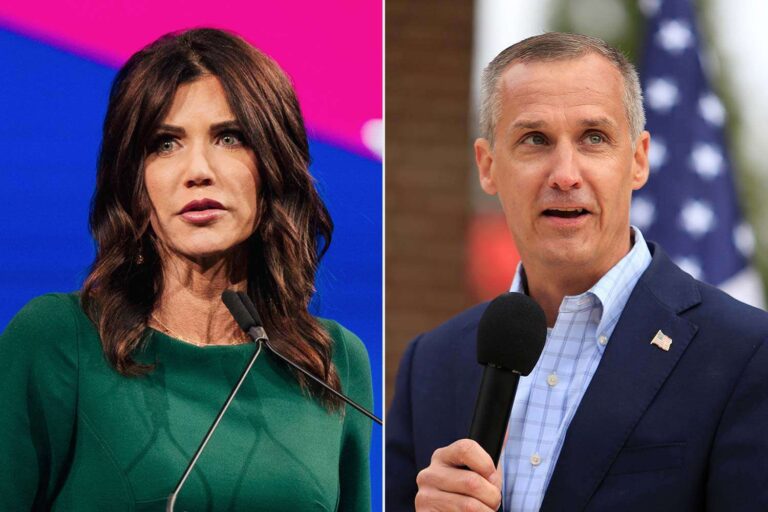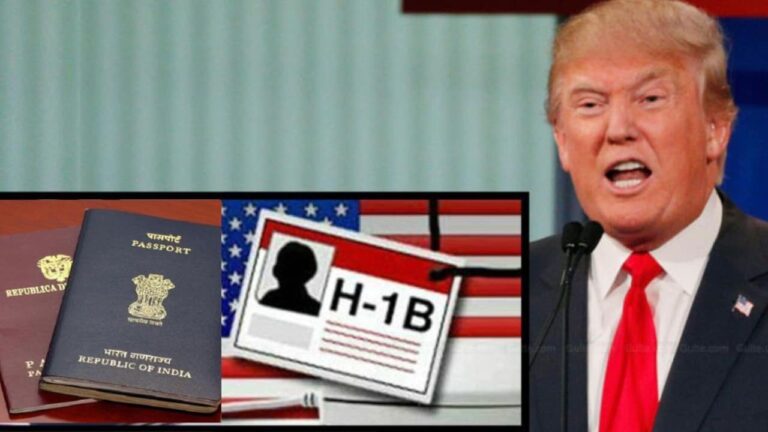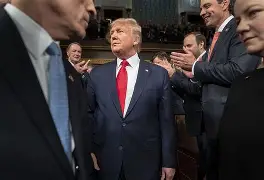Trump Federalizes DC Police Under Home Rule Act
In a major move that has sent shockwaves across the nation, former President Donald Trump recently federalized Washington DC’s police force under the Home Rule Act. This unprecedented action has sparked a flurry of reactions, with politicians, law enforcement officials, and citizens divided on its implications. Let’s delve into the core aspects of this decision, its impact on crime rates, and the ongoing political debates surrounding this development.
The Federalization of DC Police: What Does It Mean?
Trump’s Executive Order and the Home Rule Act
In response to increasing crime rates in the nation’s capital, Trump invoked the Home Rule Act to federalize the police force of Washington DC. The act, which governs the relationship between the federal government and the District of Columbia, allows the federal government to exercise control over local law enforcement under certain conditions. This move has been controversial, as it represents a significant shift in the power dynamics of the city’s governance.
Deployment of the National Guard: A Temporary Solution?
Along with federalizing the DC police, Trump also ordered the deployment of the National Guard to assist in curbing rising crime rates. The National Guard’s presence in DC has been seen as both a symbolic and practical solution to combat the growing violence. However, the question remains: Will this force be a long-term answer to the city’s crime issues, or is it merely a temporary measure?
Political Reactions to Trump’s Crime Emergency in DC
Hillary Clinton’s Stance on Trump’s Plan
Hillary Clinton, the former Secretary of State and presidential candidate, voiced her concerns over Trump’s handling of the crime emergency in Washington DC. She criticized the federalization move, calling it an overreach of executive power. According to Clinton, this decision undermines the authority of local law enforcement and could set a dangerous precedent for other cities facing crime surges.
Hakeem Jeffries: Calling Trump’s Plan “Unhinged”
House Minority Leader Hakeem Jeffries was quick to label Trump’s approach to DC’s crime problem as “unhinged.” Jeffries argued that federalizing the police force and deploying the National Guard were reactions based on fear rather than strategy. He pointed out that such moves only exacerbate the divide between federal and local governments, especially when the city has its own leadership and law enforcement system.
Is DC’s Crime Rate Really That High?
Comparing DC’s Murder Rate to Global Crime Hotspots
One of the key factors fueling the debate is the perception of rising crime in Washington DC. The city has seen an uptick in violent crime, including a significant rise in its murder rate. However, when compared to other global crime hotspots, the statistics suggest that DC’s violent crime rate, while concerning, is not entirely out of line with other major cities worldwide.
Experts argue that while DC does face serious crime challenges, it’s essential to consider the broader context. Factors such as socioeconomic disparities, public health crises, and a history of systemic issues must also be addressed to understand the root causes of violence.
The Debate Over DC’s 30-Year Low in Violent Crime
Despite the recent surge in crime, some experts point to a 30-year low in violent crime rates in DC. This fact complicates the conversation about crime in the city, as it shows a decline in violent offenses over several decades, suggesting that the current spike may be temporary or driven by specific, identifiable factors.
What’s Next for Washington DC?
As Washington DC navigates this complex issue, one thing is certain: the decision to federalize the police and deploy the National Guard will continue to shape political discussions. The future of DC’s crime prevention strategies will depend on collaboration between local and federal governments, as well as the active involvement of communities in finding long-term solutions.
Read our previous post on Lauren Southern’s Memoir This Is Not Real Life Review
FAQs
What is the Home Rule Act and how does it impact DC?
The Home Rule Act allows Washington DC to govern itself, but it also grants the federal government certain powers, especially in emergencies. Trump’s decision to federalize the police force under this act has sparked a major debate over federal intervention in local affairs.
Why was the National Guard deployed in Washington DC?
The National Guard was deployed as a measure to combat rising crime rates in Washington DC, providing additional support to local law enforcement in addressing violent offenses.
What is Hillary Clinton’s opinion on Trump’s actions in DC?
Hillary Clinton criticized Trump’s decision to federalize the police force, calling it an overreach of executive power that undermines local governance and law enforcement.
What does Hakeem Jeffries think of Trump’s crime plan?
Hakeem Jeffries labeled Trump’s actions as “unhinged,” arguing that they were reactions based on fear rather than strategic planning to address the root causes of crime in DC.
How does DC’s crime rate compare to other major cities?
While Washington DC has experienced a rise in violent crime, including its murder rate, experts note that DC’s crime statistics are not out of line with other global crime hotspots.
Has DC’s violent crime rate been improving over the years?
Yes, DC has seen a 30-year low in violent crime rates, though the recent spike in violence has raised concerns among residents and politicians.
What are the long-term solutions for DC’s crime issues?
Experts suggest that addressing DC’s crime issues will require a combination of federal and local efforts, including community-based initiatives, socioeconomic improvements, and more targeted crime prevention strategies.
Conclusion
As Washington DC continues to grapple with rising crime rates, it’s clear that the city requires a multifaceted approach to address its challenges. While federalizing the police and deploying the National Guard may provide temporary relief, long-term solutions must focus on community involvement, systemic reforms, and addressing the underlying causes of violence. It’s time for both local and federal leaders to come together and ensure that Washington DC remains a safe and thriving city for all its resident
